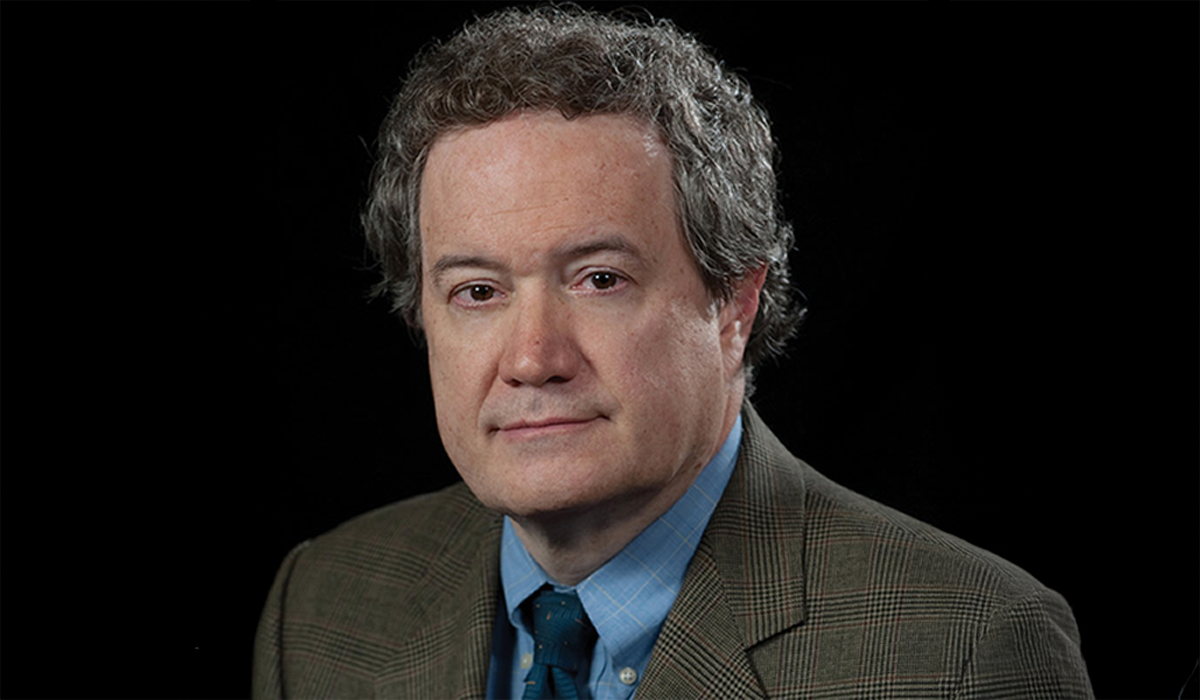
Introduction
In Laudato Si’ (2015), Pope Francis warns that the technocratic paradigm prioritizes technological and economic power over ethical and moral considerations. He critiques the assumption that all technological progress is inherently beneficial, emphasizing that without ethical reflection, it can lead to environmental harm, social inequalities, and the erosion of human dignity. In Laudate Deum (2023), he expands on this concern, highlighting the risks of unchecked technological power, particularly in artificial intelligence and automation. He cautions that when AI is controlled by a select few, it can deepen inequalities and weaken human interaction, calling on institutions to guide its development responsibly.
At the Center for Teaching Excellence (CTE), we have been reflecting on these concerns in the context of higher education. As AI technologies become increasingly present in teaching and learning, faculty must thoughtfully consider their ethical and pedagogical implications. How can educators ensure that technology serves human flourishing rather than undermining it?
To explore this question, we invited Prof. William L. Saunders, J.D., Director of the Master Program in Human Rights at The Catholic University of America. A Harvard-trained legal scholar with expertise in bioethics, religious liberty, and human rights, Prof. Saunders has spent decades examining ethical dilemmas at the intersection of law, technology, and Catholic social teaching. In this interview, he shares his insights on how faculty can help students critically engage with the role of technology in society.
Interview with Prof. Saunders
-
You direct the M.A. Program in Human Rights. How do you help students critically engage with the intersection of technology, human rights, and ethics?
We study Catholic social thought as the key to a proper - and adequate - understanding of human rights. We examine several documents from Vatican II, but we pay particular attention to Gaudium et Spes, the pastoral constitution of the Church in the modern world. Its clear teaching is that "man is the source, the focus, and the end of all economic and social life." In other documents, we read of the "priority of the person over things." In other words, every development in society - including technology - must be examined in light of the "sublime dignity of the human person": do these new developments respect that dignity? Since human rights as a legal-political subject is essentially about the rights of individual human beings (even when gathered in community), the essential connection to the Catholic understanding of the human person becomes clear.
-
Many argue that technology has become an ideology that assumes more technology always means more progress. How can we challenge this assumption and promote a more human-centered approach to education, governance, and culture?
One recommendation is to read Pope Benedict XVI's encyclical, Spes Salvi. In this encyclical about Christian hope, Pope Benedict analyzes the unfortunate turn in Western thought toward an uncritical adoption of a scientific paradigm, applied to all of life. This results in a materialist vision, which sees "redemption" through control of the natural world. Faith is "displaced" to another level of private affairs, unconcerned with the salvation of others. As the antidote to this loss of Christian hope through faith in the salvific acts of Christ, Benedict raises the example of St. Bakhita, kidnapped into slavery as a girl. When she ended up in Italy and encountered - and then joined - the Catholic Church, she came to have what Benedict calls "a real encounter with God," and this meant to receive hope. Canonized in the Jubilee year of 2000 (I was there!), she is now the patron against human trafficking as well as the patron of our Human Rights program.
-
How can faculty members introduce discussions on the technocratic paradigm in their classrooms to encourage a deeper understanding of technology’s impact on society?
Ask your students to take out and then turn off their cell phones. Then ask the students to recount the last time they had a conversation, for more than 5 minutes, with another person during which neither person looked at their cell phone. I think that will make the point.
Conclusion
As emerging technologies become more prevalent in education, faculty play a crucial role in guiding students to think critically about their impact. Prof. Saunders’ insights remind us that technological advancements should be thoughtfully examined through the lens of human dignity and the common good.
Through continued dialogue and thoughtful pedagogy, we can ensure that technology remains a tool for human flourishing rather than a force that diminishes our shared humanity.
For those interested in further exploring this topic, we recommend the following resources:
- Assessment and Evaluation in the Age of Artificial Intelligence (Radice & Boada, 2024)
- The Busch School of Business’ Initial Recommendations on Generative AI (Mohanan, Pak, Pakaluk, Torres, Wall, & Yoest, 2024)
- Artificial Intelligence at Catholic University: Frequently Asked Questions (2024)
References
Francis. (2023). Laudate Deum [Apostolic exhortation]. Vatican Press. https://www.vatican.va/content/francesco/en/apost_exhortations/documents/20231004-laudate-deum.html
Francis. (2015). Laudato Si’: On care for our common home [Encyclical letter]. Vatican Press. https://www.vatican.va/content/francesco/en/encyclicals/documents/papa-francesco_20150524_enciclica-laudato-si.html
__________
Diego A. Boada, Ph.D., EMBA, is an instructional designer at CTE. He specializes in finding scalable solutions for learning and performance problems in multicultural environments. Dr. Boada has designed online learning experiences for universities, startups, and organizations globally; consulted for the Inter-American Development Bank; and collaborated with Silicon Valley leaders.
